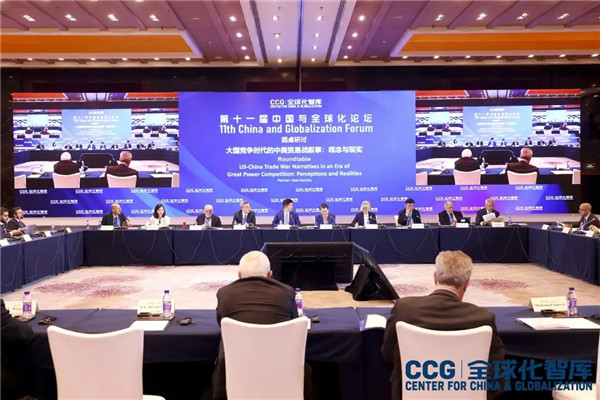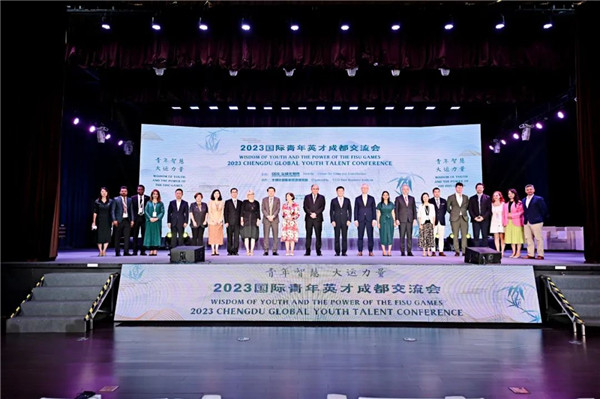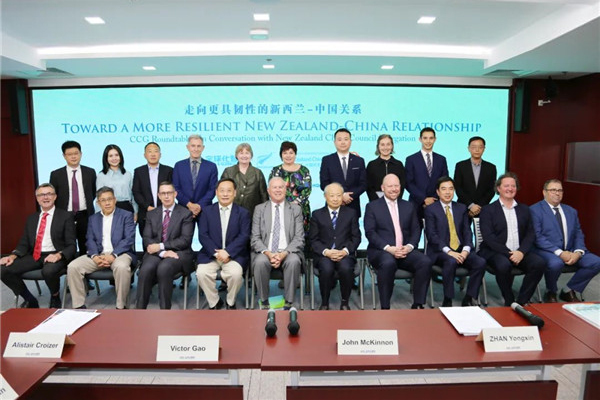CCG, ICTSD Co-host Symposium on Outlooks of Global Trade Policies in 2018

On Mar 27, 2018, CCG joined the International Center for Trade and Sustainable Development (ICTSD) and China Institute for WTO Studies at the University of International Business and Economics (UIBE WTO Institute) hosting a symposium to discuss the prospect of global trade policies in 2018.
More than 20 experts from China and abroad, including ICTSD CEO Ricardo Meléndez-Ortiz, Former US Congressman and Chairman of WTO Appellate Body James Bacchus, and President of the European Union Chamber of Commerce in China Mats Harborn, attended the event and exchanged their ideas about the issues such as regional integration, Sino-US trade war, the impact of domestic society on multilateral trade system, and the challenges presented to global trade. Wang Huiyao, the president of CCG, chaired the symposium.
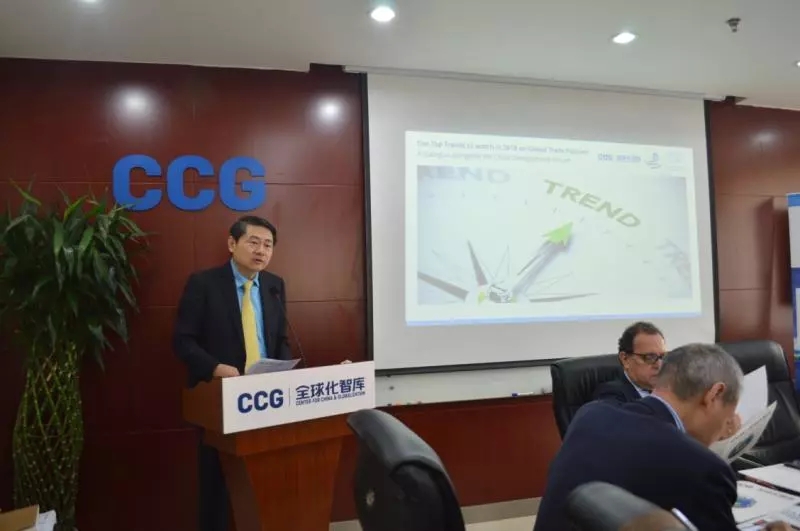
The year of 2017 witnessed the shakeup of globalization policies. The trade liberalization principle established since the WWII has been severely undermined as US President Donald Trump declared “American first” as the overarching theme of his economic policies. As a result, little progress was achieved at the 11th WTO Ministerial Conference in Buenos Aires. This rising challenge makes it important now to look into the issues like the future of world trade, WTO reform, and the Sino-US trade relation.
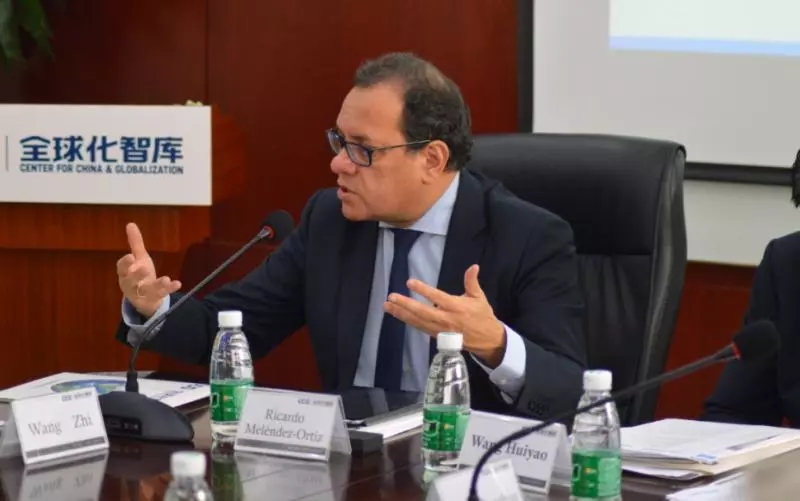
According to ICTSD CEO Meléndez-Ortiz, the China-US relation is crucial to world economy and global trade. Therefore, the two countries should figure out the root cause of their tension and find the common solution. Regarding the WTO’s future, as more members joined this multilateral trade mechanism, its rules need to be updated and adapted to the new situation. Also, the WTO rules cannot accommodate all the members, which are at the different stage of development and therefore handle trade issues in different ways. Furthermore, global trade has experienced drastic changes in the recent years, whereas the WTO cannot cover many new elements in global trade such as data, services and information. Meléndez-Ortiz suggested that WTO reforms itself to be more adaptable and accommodatable to the members at different development stage and trade agreements with different features. He encouraged think tanks and international organizations to provide more information and analysis as well as create more opportunities for discussion to help solve the problems that threaten the WTO and world trade mechanism.
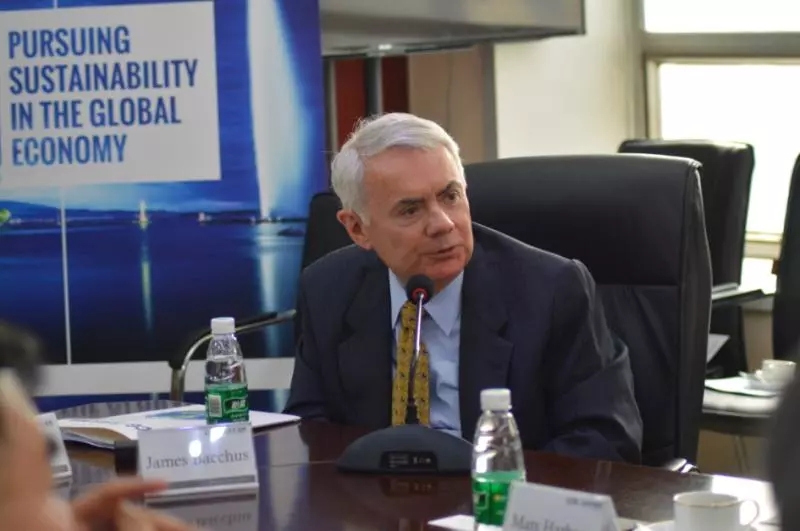
Former US Congressman and Chairman of WTO Appellate Body Mr. James Bacchus provided an analysis about the current situation of the Sino – US relations. He believes President Trump’s trade policies violate the WTO’s fundamental principles, which are against unilateralism. They will not only cause negative impact on the relations between the United States and its trade partners but also international trade mechanism as a whole. On the contrary, Bacchus noted that China has been persistently supporting multilateral trade system and the current international order. However, China should also realize that no country can continuously grow its economy alone without being opened up to the outside of the world.
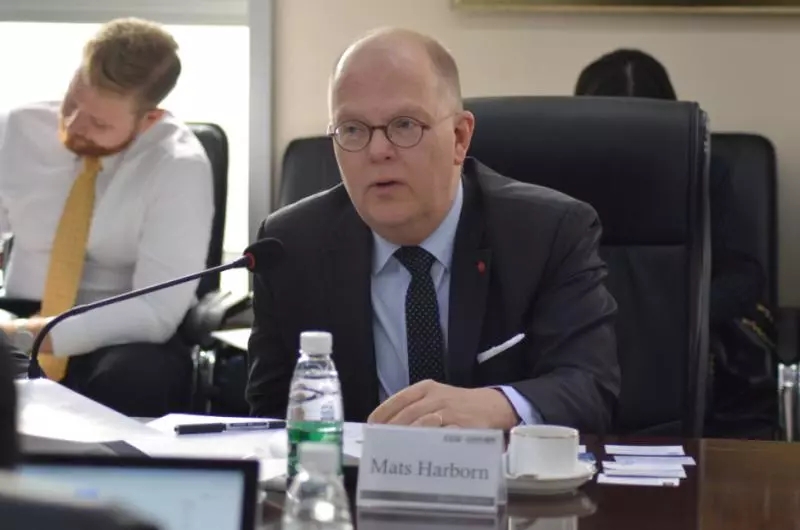
Mats Harborn, the President of the European Union Chamber of Commerce in China, also shared his perspectives about China’s economic transformation and challenges in the past two decades. He also presented the views and concerns shared by the rest of the world about the “Made in China 2025” and the “Belt & Road” Initiatives. He suggested that China take more responsibilities and initiatives to solve trade problems and work with the EU to address the WTO challenges.
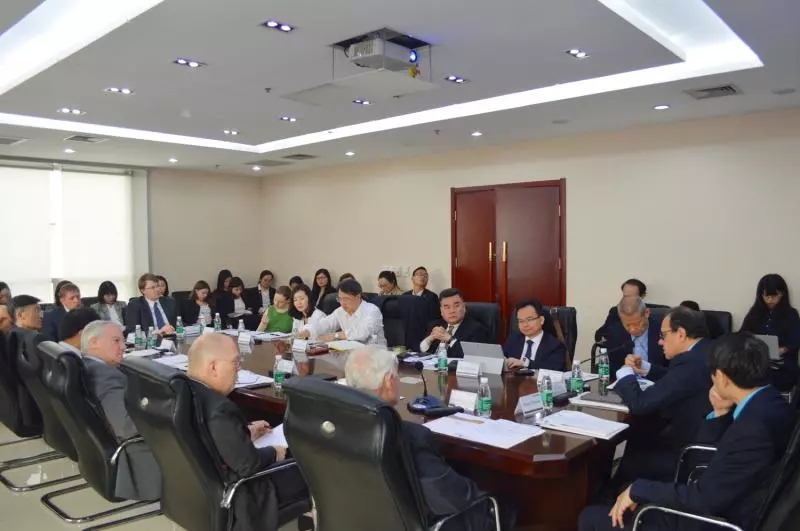
On China side, CCG President Wang Huiyao highlighted the importance of the methodology used to measure trade deficits. Based on his research, a high volume of service trade is neglected in the current measurement of trade. For instance, the number of Chinese people travelling and studying in the U.S., which is much bigger than that of American people travelling and studying in China, has generated a lot of revenue for the U.S.. Taking this into account, the U.S. actually has a trade plus with China. Also, the Trump administration blames the trade deficit with China for the loss of US jobs in the manufacturing industry. But, he fails to realize the contribution of China’s investment to the US employment. Moreover, China and the U.S. have the potential for cooperation in many areas, including infrastructure construction and the cross-border e-commerce.
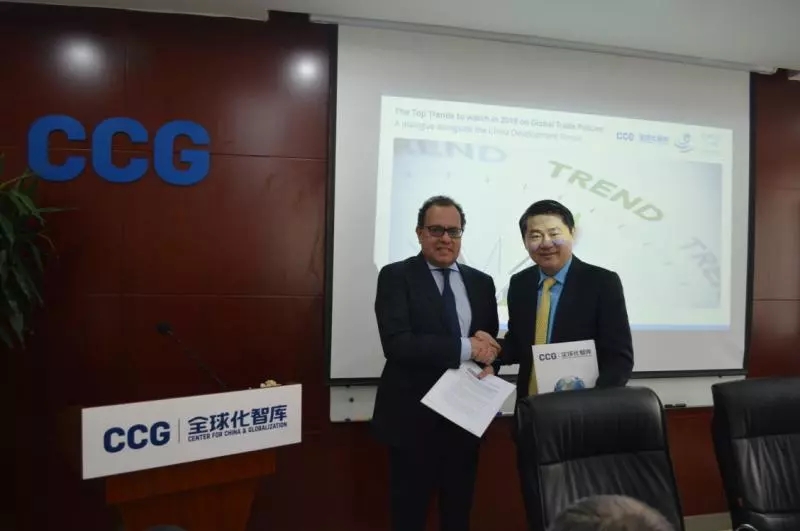
Earlier the day, CCG and ICTSD reached an agreement to establish partnership on global trade research to promote free trade around the world.
LocationBeijing
